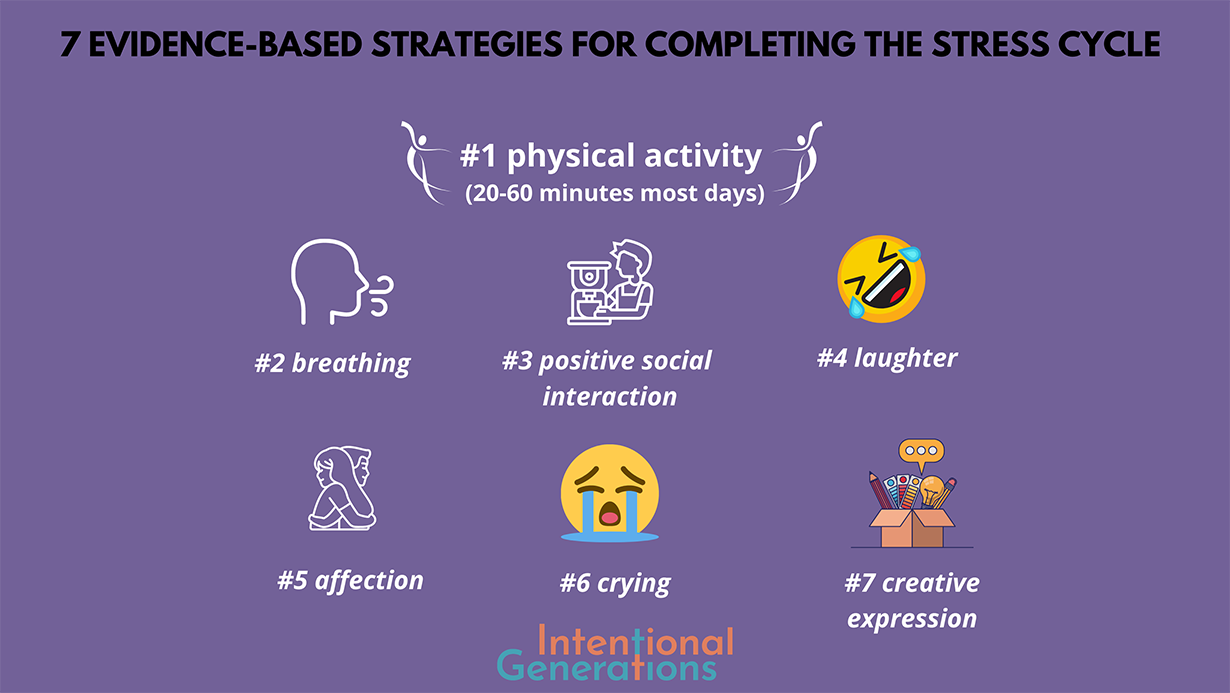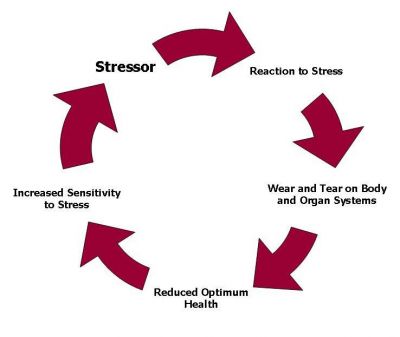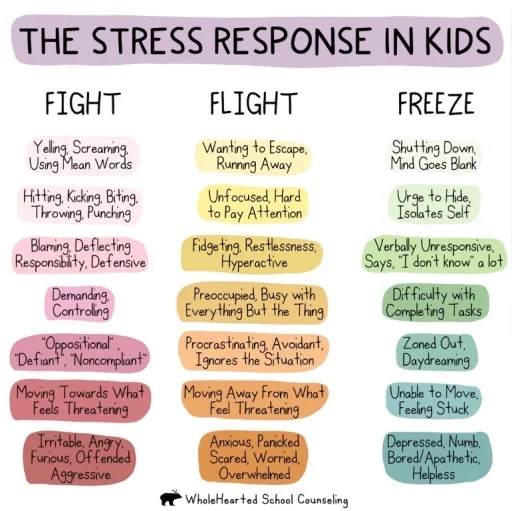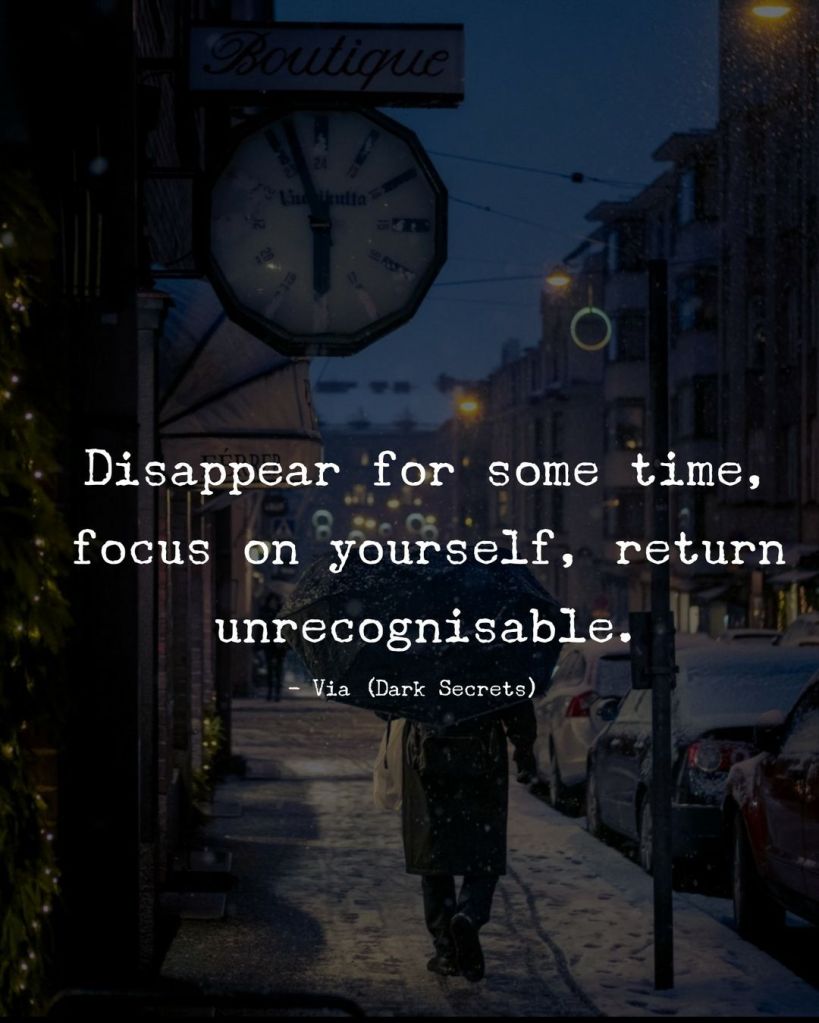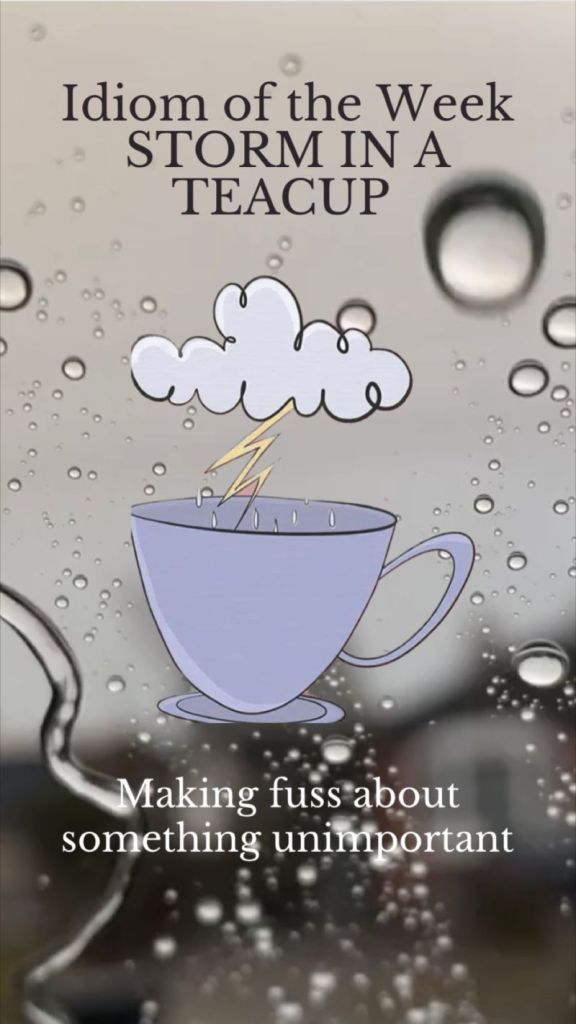
growth is bitterly painful
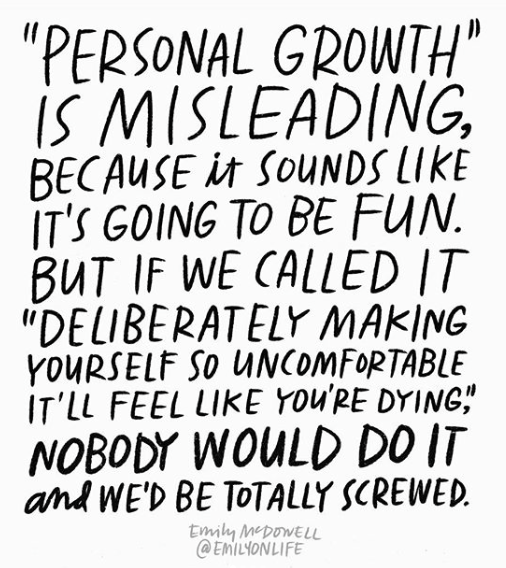
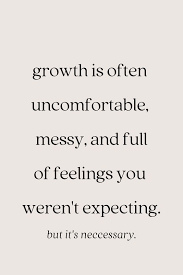

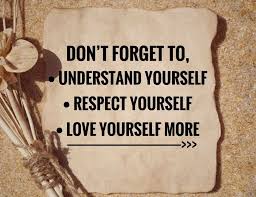
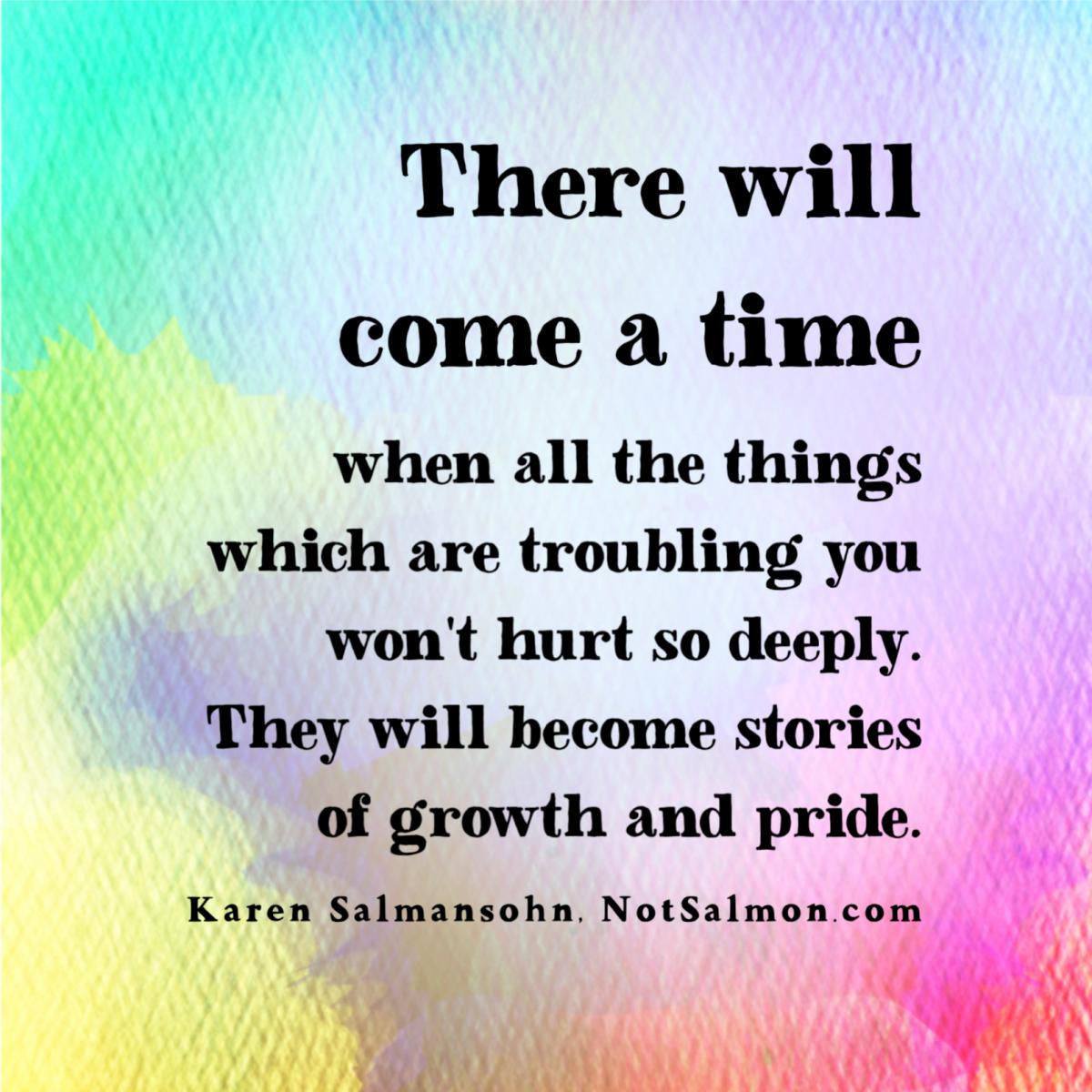
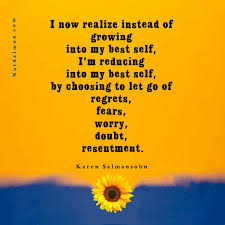
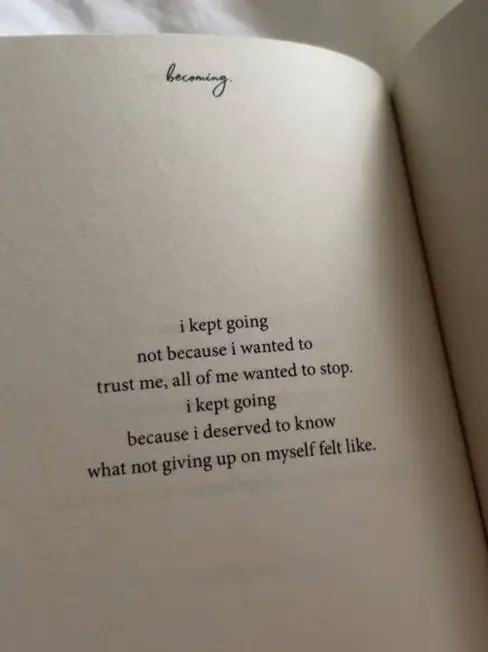
change
Significant life altering change
severely stresses me,
paralyzes me
pitches me back
into freeze state.
It is trauma from early childhood development.
the volatile childhood home life
parents fighting leading to kids feeling mortal peril,
their very survival at stake when the parental caregivers they depend upon
for their survival themselves in severe distress.
Then there is the neonatal trauma
first three months of life
medical assaults stacked up
layered on top of each other,
burning, stabbing, drownings labelled medical treatments or
medical interventions.
12-14 painful procedures per 24hrs on average.
The constant fight, flight, freeze.
The hyperarousal and hypoarousal states.
Flooding of cortisol
stress hormones
or crash into exhaustion.
The times I stopped breathing
to be again, violent medical assault- brought back
to the land of the living
I never asked for.
The blood volumes dropping until heart rate faltered.
The transfusion volumes that caused so many brain bleeds
as tiny blood vessels burst under the rapid increase of pressure
As blood was shoved in
to make up for all that was stolen.
They call is a success that I am alive, that I can walk and talk.
They can’t understand the brutally hellish cost.
The countless PTSD episodes
the complex PTSD.
To say nothing of later in life
when stressors, assaults, violence continued in various forms.
Nor can they begin to understand
why my developmental milestones are retarded, impaired,
never feeling safe, never stable enough to be able to learn
most foundational things others take for granted.
At work they can’t cope themselves
So they strike out at the weak who can’t defend themselves
to raw, exhausted and stressed to do so.
They complain when I cry
in my office
or when they are supposed to be the lead in a family conference
and I set my boundaries to try
to protect my peace
or the new manager
deliberately stresses me by ordering my direct supervisors
to put me in areas that are toxic, vindictive and further stress me
then blame me
for how my stress cycles break.
Lately I try to make decisions
struggle to
Am too stuck in freeze state
too much stressful life change at once.
Happy pills
Happy pills
she says I should try the because two friends say they are the best.
i know she is trying to help…
my family all think I should by a condo
they make 3-4x what i do, double income homes
and I am none of those things.
I plan for the worst mental health crash again
one off work for months
a friend and I have brunch
she plans her medical leave
exit strategy
the break
sweet relief
from the walk through
and I have too many colleagues on those happy pills
popping prn anti anxiety and mood stabilizers too
because we are
a sinking ship
rats turning on each other in a overcrowded cage
frog boiled slow
thats how it goes
this back stabbing disfunctional state
patients dying long before those treatment referrals are met,
not enough staff
to meet the ever rising Grey tsunami that has long yet to peak.
I give away
things that once brought me so much joy.
it breaks my heart
then it breaks some more
as I realize
there are no good choices
nothing fine
just a brutal reality
lowered expectations
a releasing of all I held dear,
stripping art from walls
shop vac for so much dust
scrubbing surfaces dirty from years of handling.
knowing it won’t help me
But maybe it won’t be worse.
trust
i don’t.
change
it causes me severe distress.
panic attacks
floods of tears
struggle to concentrate
and everyone in their own way
is trying to help me
but life is shifting sands
career crisis
housing crisis
too many uncertain parts to plan for a future
and I don’t know where this goes
but there is giving up
and there is trying
something
in attempt to change conditions for the better
between the hard repeated crashes down
to rock bottom.
Amy Wadge – Nothing Left Lyrics
phoenix

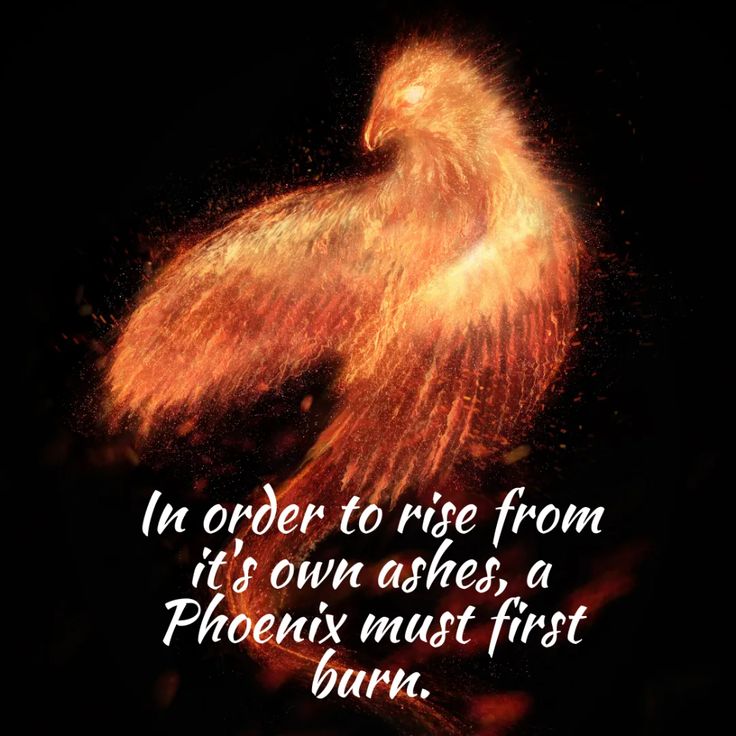
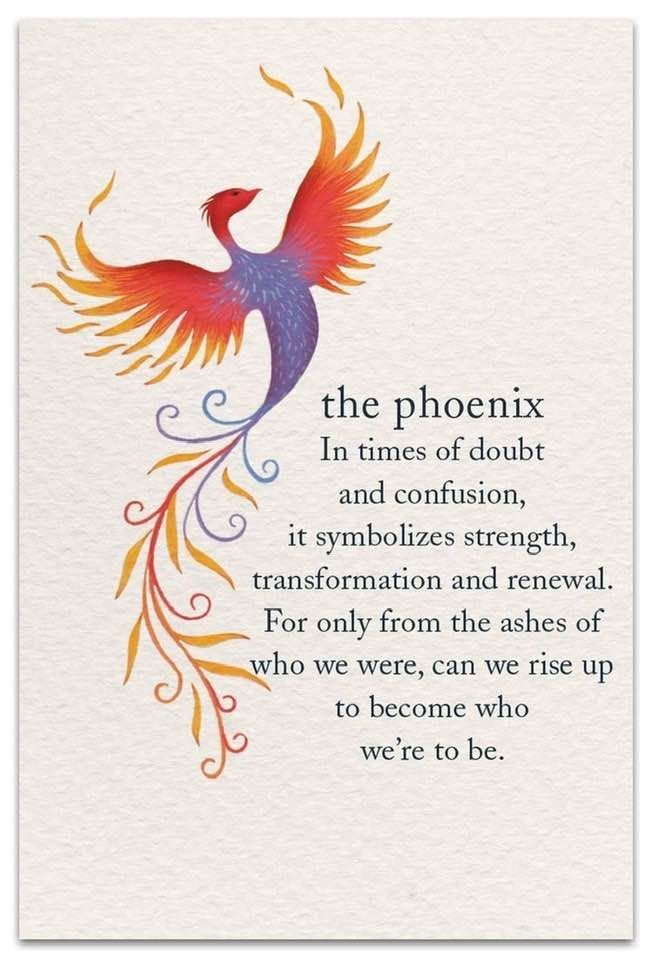
Self-Compassion
- to experience compassion you have to actually notice that your friend is struggling or feeling badly about themself.
- Second, if what you feel is compassion (rather than pity), you realize that suffering, failure, and imperfection is part of the shared human experience.
- you respond to your friend with warmth, understanding, and kindness – feeling the desire to help in some way.
These are the three main elements of compassion: mindfulness, common humanity, and kindness.
Self-compassion simply involves doing a U-turn and giving yourself the same compassion you’d naturally show a friend when you’re struggling or feeling badly about yourself.
- It means being supportive when you’re facing a life challenge, feel inadequate, or make a mistake.
Instead of just ignoring your pain with a “stiff upper lip” mentality or getting carried away by your negative thoughts and emotions, you stop to tell yourself
- “this is really difficult right now,”
- how can I comfort and care for myself in this moment?
Things will not always go the way you want them to.
You will encounter frustrations, losses will occur, you will make mistakes, bump up against your limitations, fall short of your ideals. This is the human condition.
Instead of mercilessly judging and criticizing yourself for various inadequacies or shortcomings, self-compassion means you are kind and understanding when confronted with your failings
“Sometimes we need to do things we’d rather not do, in order to get the peace that we need; to look after our own well-being and to return to a healthy state. Decisions we may make may hurt others at times. Sometimes it hurts us too. I have found myself in situations like this recently. It a hard choice. But truly, there are times that we have to take care of ourselves. Sometimes there are no good choices, just painful ones… Sometimes that’s just how real life is.”
― José N. Harris, MI VIDA: A Story of Faith, Hope and Love
stress cycle
The alarm, resistance, and exhaustion stages of the stress response cycle your body respond to stress. Learning how to complete the stress cycle may help you cope.
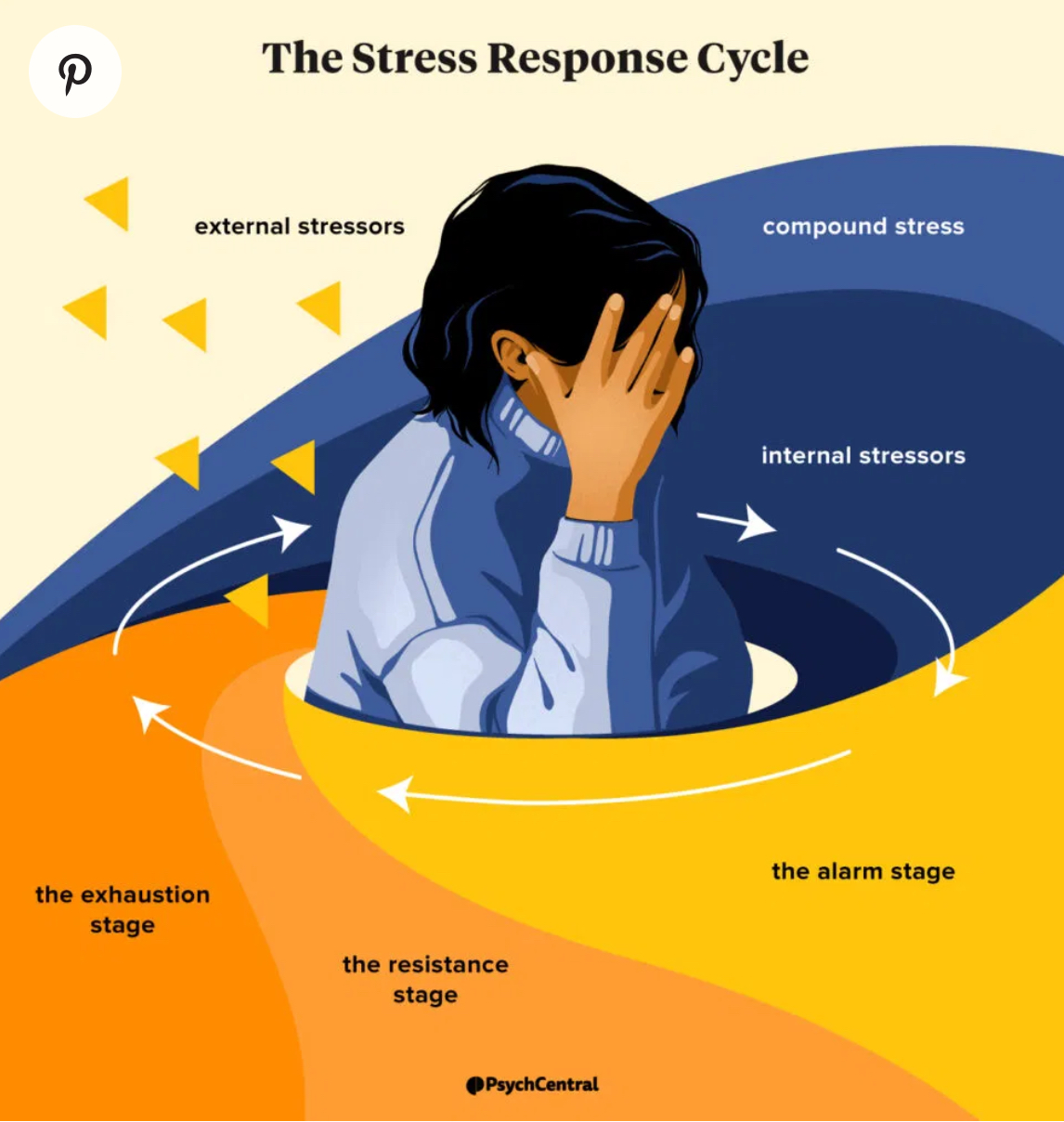
when experiencing stress-induced physiological changes, you may experience the following stages:
- alarm
- resistance
- exhaustion
Alarm
If you encounter an acute stressor or danger, an area of the brain called the amygdala sends signals to another region called the hypothalamus. The hypothalamus functions as the brain’s command center — transporting information to the rest of the body via the nervous system.
When the hypothalamus activates the sympathetic nervous system, adrenal glands respond by releasing the hormone epinephrine(adrenaline) into the bloodstream.
This can lead to several physiological changes, such as fast breathing, a rapid heartbeat, an energy surge, and increased alertness.
Your body’s complex response to stress is known as the fight, flight, or freeze response.
Resistance
Once the sense of threat or danger has passed, your parasympathetic nervous system puts the “brakes” on and lessens the body’s stress response. But you may stay alert to observe if you feel safe and have obtained balance within your body.
If you still sense that you are unsafe, stress hormones will increase, and you might experience symptoms such as:
- poor concentration
- irritability
- frustration
Exhaustion
If you aren’t able to complete the stress cycle, your body may repeat its stress response. Prolonged and chronic stress can take its toll, leading to:
- heart disease
- stomach ulcers
- sleep dysregulation
- psychiatric disorders
- depression
- anxiety
- fatigue
- burnout
There are several research-based ways to help complete the stress cycle and manage your body’s response to a tense situation.
Physical activity
In a fight, flight, or freeze scenario being active may help you survive the threat and keep your body safe. You can imitate this natural response with exercise.
The U.S. Department of Health & Human ServicesTrusted Source recommends that adults get at least 150 minutes (2 hours and 30 minutes) to 300 minutes (5 hours) of moderate-intensity physical activity each week for substantial health benefits.
Consider the following:
- jogging
- playing your favorite sport
- dancing
- hiking
- swimming
- pilates
- lifting weights
Creativity
Doing something creative, such as drawing, writing, knitting, gardening, or cooking, can help your body recover from a stressful event and boost energy levels. The key is to try something that you enjoy.
Laughing
Laughter is a useful way to release and express emotions you keep bottled up. Some easy ways to help induce laughter are to recall a funny story, watch a funny movie, or visit some friends who make you laugh.
Crying
Crying is another way that your body releases stress. When you suppress your tears, you’re could be stopping yourself from a natural part of your recovery.
Physical affection
Research from 2020 indicates that physical comfort from a loved one can help mimic the safety step of the stress response cycle. If you consent to the touch and feel safe, physical comfort can support your mental and physical health.
Some experts recommend a long, 20-second (minimum) hug, which helps activate the release of oxytocin, sometimes referred to as the “cuddle hormone.” Another option is to cuddle with a pet, which may improve your mental health and reduce stress.
You can also provide yourself with physical affection through:
- self-massage
- moving your hand in small circular motions on your chest
- embracing yourself in a hug
Deep breathing
Slow, deep breathing can help your body regulate its stress response. Some examples of deep breathing exercises include:
- square breathing: 4-second inhale, 4-second hold, 4-second exhale, 4-second hold
- 4,7,8 breath: 4 seconds inhale, 7-second hold, 8second exhale
Exercises, such as tai chi, qi gong, and yoga combine deep breathing with fluid movements to help generate calmness.
Rest
Getting enough rest, including a full night’s sleep, can ensure that your body will recover from stressful events. The National Sleep Foundation recommends that adults get between seven to nine hours of sleep each night.
Coping with a stressful event can be tricky. But finding ways to mimic the stress response cycle, which involves physical activity, finding a safe place, and resting can help you cope with your stress.
https://psychcentral.com/stress/the-stress-response-cycle#Stages-of-the-stress-cycle
Reflection:
I work out hard every day to help break my stress cycle.
work and complex PTSD triggers my stress cycles
I am in chronic stress cycles when ever my career or my housing situation is threatened.
right now both of those are threatened.
when in a chronic stress cycle my resilience plummets.
crying has become my physiological pathway to break the stress cycle at work.
i used to get terse, blunt, curt in responses at work, which brought about complaints.
anger is another outlet physiologically for the stress cycle.
Now I cry instead, this now brings about complaints because seeing me cry causes distress in there nearby.
